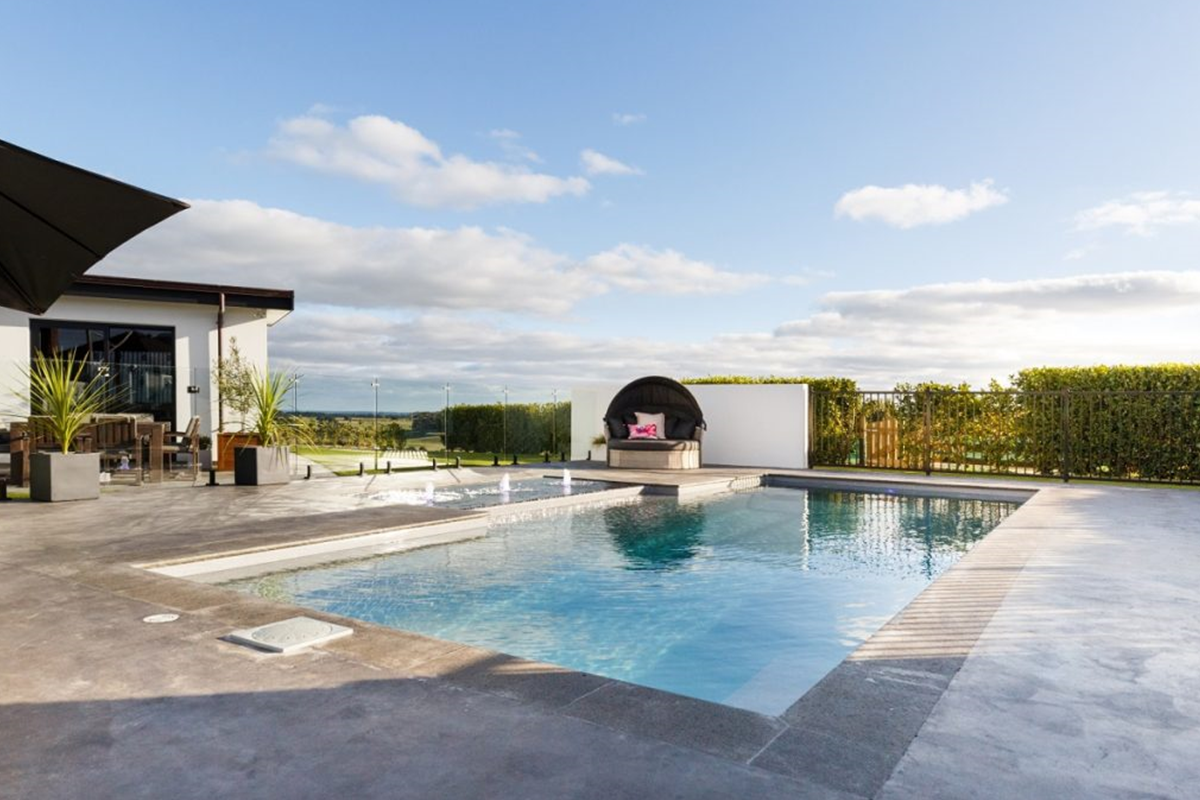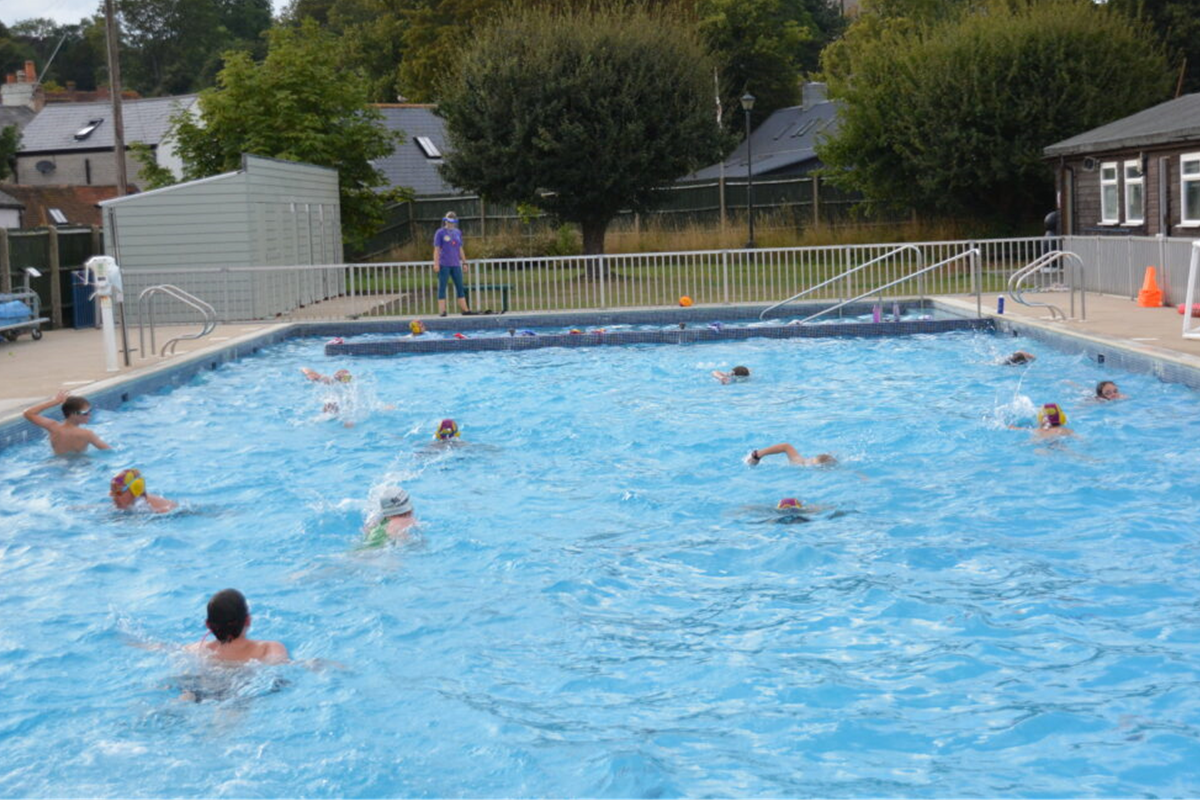Benefits Of Outdoor Swimming Pool
Outdoor swimming pool is a type of pool that is usually filled with water above ground and allows people to swim outside of a building. They are built in shapes such as rectangle, oval, circle and square. Outdoor pools give people the opportunity to swim outdoors in natural water without pressure changes or saltwater shock treatment issues that may happen with more traditional pool designs.

Benefits of Outdoor swimming pool
1. Enhance property value of your home
This is the main reason why many people build an outdoor swimming pool. It is a huge boost in your property value and reselling a house with an outdoor swimming pool usually gives you more money than if it did not have one. In addition, you are able to charge higher rent to tenants because of the inclusion of this amenity.
2. Increase environmental awareness
Swimming outdoors is better for the environment compared to walking into a traditional swimming pool. This is because of the amount of energy needed for heating and cooling as well as chemicals needed to keep it clean inside. Outdoor pools are also known to be cheaper to maintain than indoor ones.

3. Improve the aesthetics of your home
Outdoor swimming pools bring a fresh and new look to your home. Many people have built an outdoor pool for this reason. It can also be used as a location for parties and special occasions, including weddings, receptions, reunions and more. They are able to accommodate up to 100 swimmers at once inside the pool area.
4. Keep people active and healthy
Outdoor swimming and pool activities provide an excellent form of exercise as well as relaxation. In addition, they also engage more muscle groups compared to children who are accustomed to traditional pools. This is beneficial in preventing injuries and muscle strains. It also helps children’s bodies grow stronger and healthier than those who do not swim. This is especially true for people with disabilities who find it challenging to participate in other sports because of the lack of access or use of facilities.
